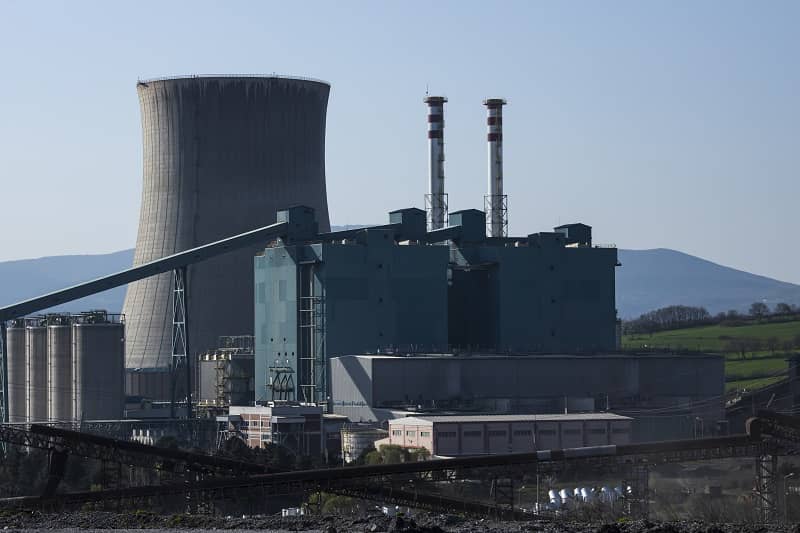
The Portland City Council recently approved an initiative mandating the sale of ethanol-blended gasoline and biodiesel within city limits. However, this plan is unlikely to result in environmental benefits and will impose significant costs on Portland residents and businesses.
The price of ethanol has risen sharply in recent months, pushing the price of blended gasoline up with it. Fuel retailers in Portland will lose flexibility under this plan and may lose business to sellers operating outside the city limits. While larger retailers can lobby for exemptions, smaller operations do not have this luxury and will suffer financially as a result.
Ethanol fuels offer dubious environmental benefits. Some studies indicate that there is a net energy loss when the entire ethanol production chain is considered, and these fuels emit greater levels of smog-producing chemicals than conventional gasoline. Furthermore, ethanol-blended gasoline lowers the fuel mileage in vehicles due to a reduced energy content. With the debate still ongoing over environmental costs and benefits, the City of Portland should avoid placing bets that ethanol is a winning technology. Although biodiesel appears to offer some environmental and financial benefits, mandating it is neither necessary nor appropriate. Instead, government should remove existing production regulations and let the market respond.
When government sets mandates rather then let the market work, unintended consequences often follow. Biofuels legislation is not a good path for the City of Portland.
© 2006, Cascade Policy Institute. All rights reserved. Permission to reprint in whole or in part is hereby granted, provided the author and Cascade Policy Institute are cited. Contact Cascade at (503) 242-0900 to arrange print or broadcast interviews on this topic. For more topics visit the QuickPoint! archive.











